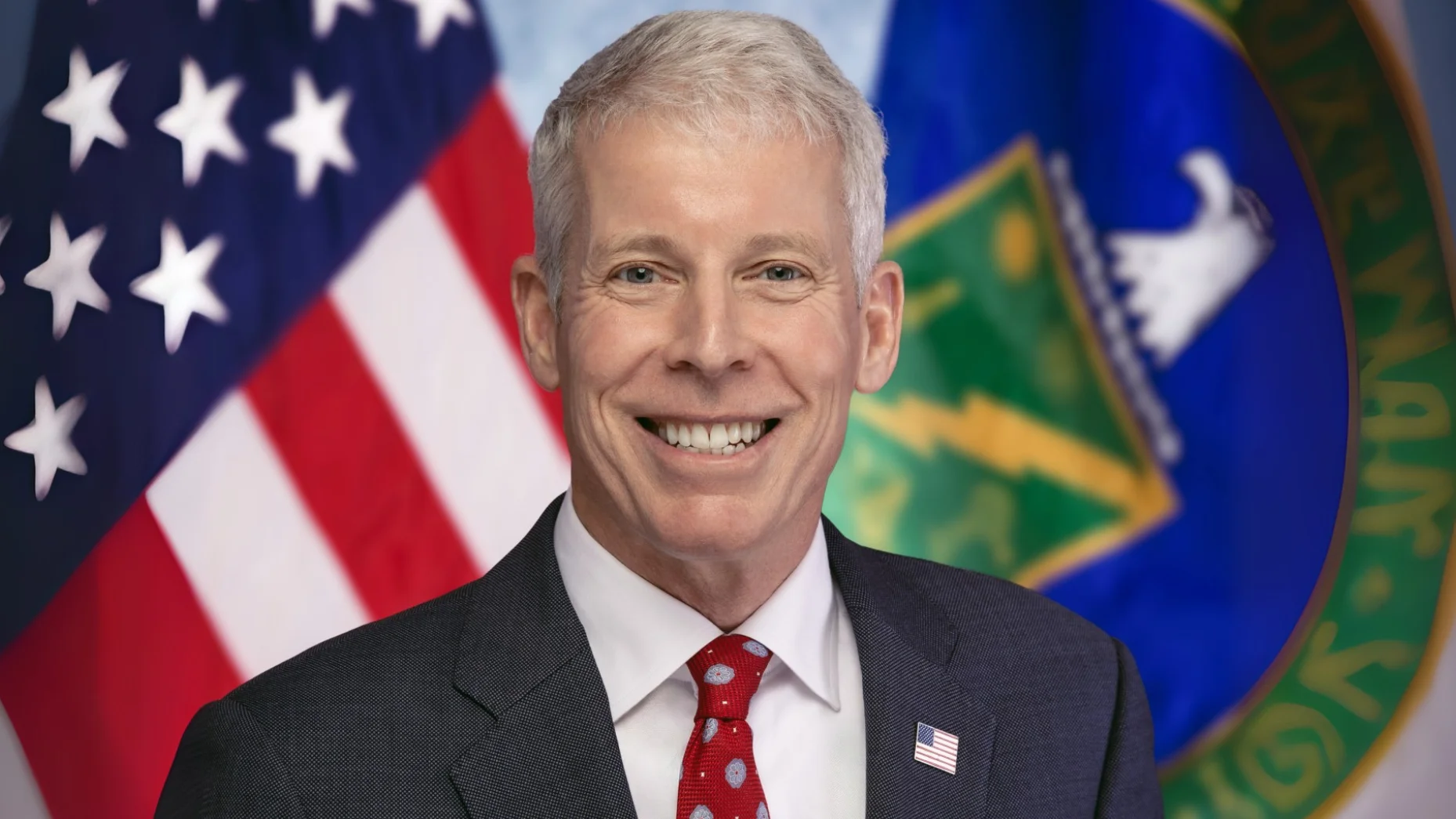U.S. Secretary of Energy Chris Wright has issued an emergency order to address grid reliability concerns in the Midwest. The directive instructs the Midcontinent Independent System Operator (MISO), working with Consumers Energy, to keep the J.H. Campbell coal-fired power plant in West Olive, Michigan available for operation. The plant had been scheduled to close on May 31, 2025, which is 15 years before its planned end of life.
The Department of Energy (DOE) said that since its original order was issued on May 23, the Campbell plant has played a critical role during periods of high electricity demand and low intermittent energy production. MISO has also been told to take steps to minimize costs for consumers.
“The United States continues to face an energy emergency, with some regions experiencing more capacity constraints than others. With electricity demand increasing, we must put an end to the dangerous energy subtraction policies embraced by politicians for too long,” said U.S.Secretary of Energy Chris Wright. “This order will help ensure millions of Americans can continue to access affordable, reliable, and secure baseload power regardless of whether the wind is blowing or the sun is shining.”
According to DOE’s Grid Reliability Evaluation, if reliable power sources are taken offline at current rates, outages could be up to 100 times more frequent by 2030.
The new order will remain in effect from August 21 through November 19, 2025.
A recent assessment by the North American Electric Reliability Corporation (NERC) referenced NOAA forecasts that projected a higher probability of above-normal temperatures in parts of the Midwest this summer—estimates increased from a 33%-40% chance in April 2025 to a 40%-50% chance by June.
In addition, MISO’s resource adequacy issues extend beyond summer months. In 2022, MISO requested and received approval from the Federal Energy Regulatory Commission (FERC) to revise its resource adequacy system so that capacity requirements would apply throughout all four seasons instead of just annually based on peak summer demand. More information about this FERC filing can be found at https://elibrary.ferc.gov/eLibrary/filelist?accession_number=20211130-5226&optimized=false.
MISO stated that “Reliability risks associated with Resource Adequacy have shifted from ‘Summer only’ to a year-round concern.”





